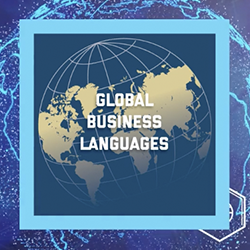Abstract
For students who major in world languages in undergraduate university programs and go on to apply the resultant knowledge professionally, the imperative to continue learning about that language and about communication more generally does not stop once they graduate. However, their ability to undertake world language-related professional development can be beset with challenges, such as cost, time, finding the right training, and, vitally, securing employer support. For their part, while employers of world language graduates rely greatly on their staff’s language proficiency and cross-cultural knowledge, they can fail to appreciate knowledge gaps or provide adequate ongoing training (e.g., Arthur & Beaton, 2000; British Academy, 2016; Davie, in preparation). This article assesses the world language professional development situation in one major UK employer of language graduates, a department within the national civil service. It firstly describes the steps taken to address graduate knowledge gaps through the creation of in-house learning modules in linguistics and cultural and linguistic anthropology. It then analyses trends in feedback elicited through a mixed-methods data collection approach. Finally, it discusses the effectiveness and impact of the learning and considers the implications of the study for employers and higher education.
DOI
https://doi.org/10.4079/gbl.v22.5
This work is licensed under a Creative Commons Attribution-NonCommercial-NoDerivatives 4.0 International License.

